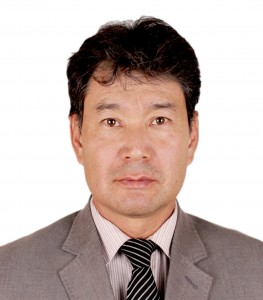Civil Society Report on Implementation of the United Nations Convention on the Rights of Persons with Disabilities
ABOUT THIS REPORT This report on implementation of the Convention on the Rights of Persons with Disabilities (CRPD) presents the perspectives and views of civil society with regard to Afghanistan’s compliance with its obligations under CRPD. This report has been compiled from consultation with government institutions, civil society organization either working for persons with disabilities or persons without disability, focus group discussions, individual and collective interviews and expert group discussions. In the development of this report civil society submissions and reports released by national and international organizations have also been exploited. The issues raised in this report and gaps highlighted in government compliance with the CRPD should be considered in the context of Afghanistan. ------------------------------------------------------------- To read the report, please click on the link below.

